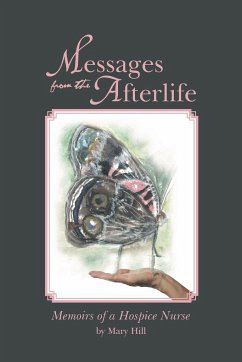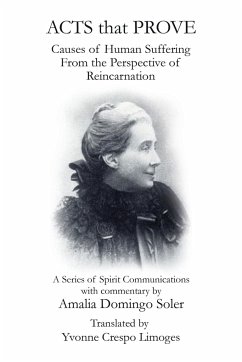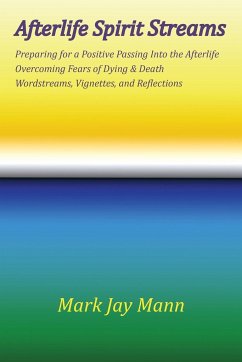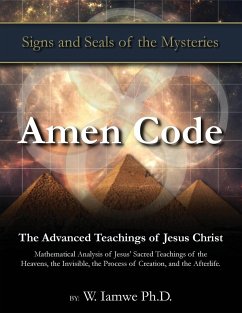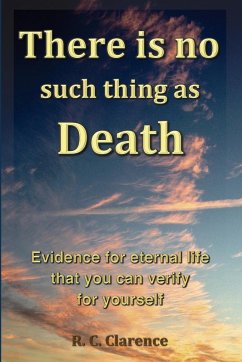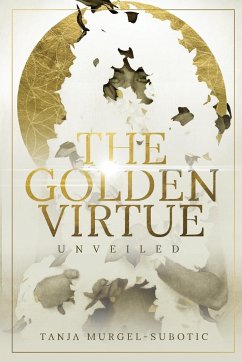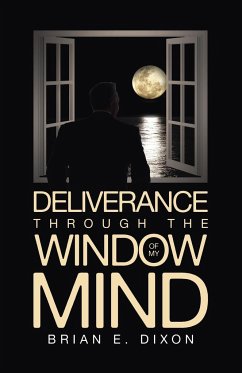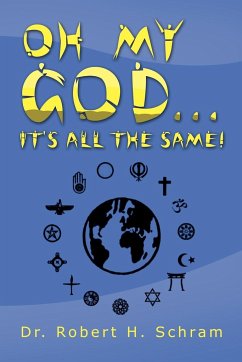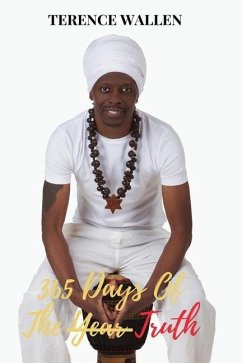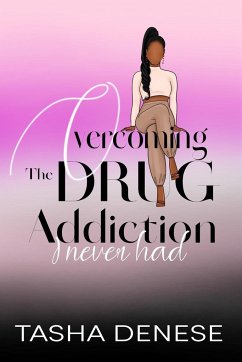
DIVINE COUNCILS IN THE AFTERLIFE; THE FLIPSIDE COURT
Versandkostenfrei!
Versandfertig in 1-2 Wochen
30,99 €
inkl. MwSt.

PAYBACK Punkte
15 °P sammeln!
I first heard about "a council of elders" in Michael Newton's books and in his interview for my film "Flipside." Michael was a therapist who had thousands of reports about the afterlife.. Since his interview I've found other accounts of "divine councils" in the work of psychologist Dr. Helen Wambach ("Reliving Past Lives") to descriptions of "wise beings" and in the near death accounts from Dr. Bruce Greyson (from his book "After"). It sounds like some sci-fi concept based on legal courts; etheric judges in robes passing sentences in the afterlife? My use of the word "court" is tongue in cheek...
I first heard about "a council of elders" in Michael Newton's books and in his interview for my film "Flipside." Michael was a therapist who had thousands of reports about the afterlife.. Since his interview I've found other accounts of "divine councils" in the work of psychologist Dr. Helen Wambach ("Reliving Past Lives") to descriptions of "wise beings" and in the near death accounts from Dr. Bruce Greyson (from his book "After"). It sounds like some sci-fi concept based on legal courts; etheric judges in robes passing sentences in the afterlife? My use of the word "court" is tongue in cheek. In the over 100 examples I've filmed of people accessing their "councils" they report wise teachers who don't "pass judgment" per se, but act as ombudsmen, like professors conducting a doctoral thesis; asking pointed questions about what a person learned during their lifetime versus what they said they'd planned to learn. Newton observed people report "two visits" to their council, one prior to incarnation, a kind of "preproduction meeting" where individuals go over what they have in mind or planned to learn, then a "return visit" after the lifetime, where they experience a "past life review" of what they did or did not accomplish. During the "life review" people report they experience first-hand all the good or bad they did in their previous lifetime. This can be disconcerting for some, making the experience feel like a "courtroom" where they're being judged. All those in attendance report seeing them experience the pain, suffering or trauma they inflicted upon others. People report experiencing these events first hand, while the council - sometimes an entire auditorium of participants - watches the person squirm for the mistakes they've made. In essence, it is a "judgement day" as the person experiencing the life review gets the benefit of seeing how these events were part of a person's overall journey over many lifetimes. It could include events that had a genesis in a previous lifetime, a story point being paid off in this one - or for some to realize events had been "requested" by others asking for help. In these "past life reviews" one could argue that it's akin to experiencing "hell" because the person feels the pain and trauma and suffering they inflicted, but from the perspective of their victims. But this book isn't about judgments. I was more interested in exploring and demonstrating "everyone has a council" or that "anyone can visit their council." One doesn't have to have a special ticket, doesn't have to have a near death experience to get in - doing simple guided meditation can allow access to one's council. It's easier for a person to visit their council with the benefit of a hypnotherapy session; in the multi-hour sessions done by Newton Institute therapists, often include visits to their "council" for advice that can help them on their journey. But people who can meditate, visualize or comment on things in their minds, are capable of visiting their councils as well. Hypnosis is not required, but helps. It's not opinion, theory or belief people visit their councils - in this experiment, the majority of people had never visited their council before. (The documentaries "Flipside" and "Hacking The Afterlife" Films both include trips to a council.. (available on Gaia) In this book you will read about various people chatting with their councils. The first part includes people not aware councils exist, the second part people who asked to access their councils, the third part is a compendium of previous visits from all my books. Praise for FLIPSIDE ""Richard has written a terrific book." Robert Thurman "The kind of book where once you have read it, you will no longer be able to see the world in the same way again." Gary Schwartz PhD. "Mind bending information. But when you know, you know." Robert Towne, writer/director. --This text refers to the hardcover editio





